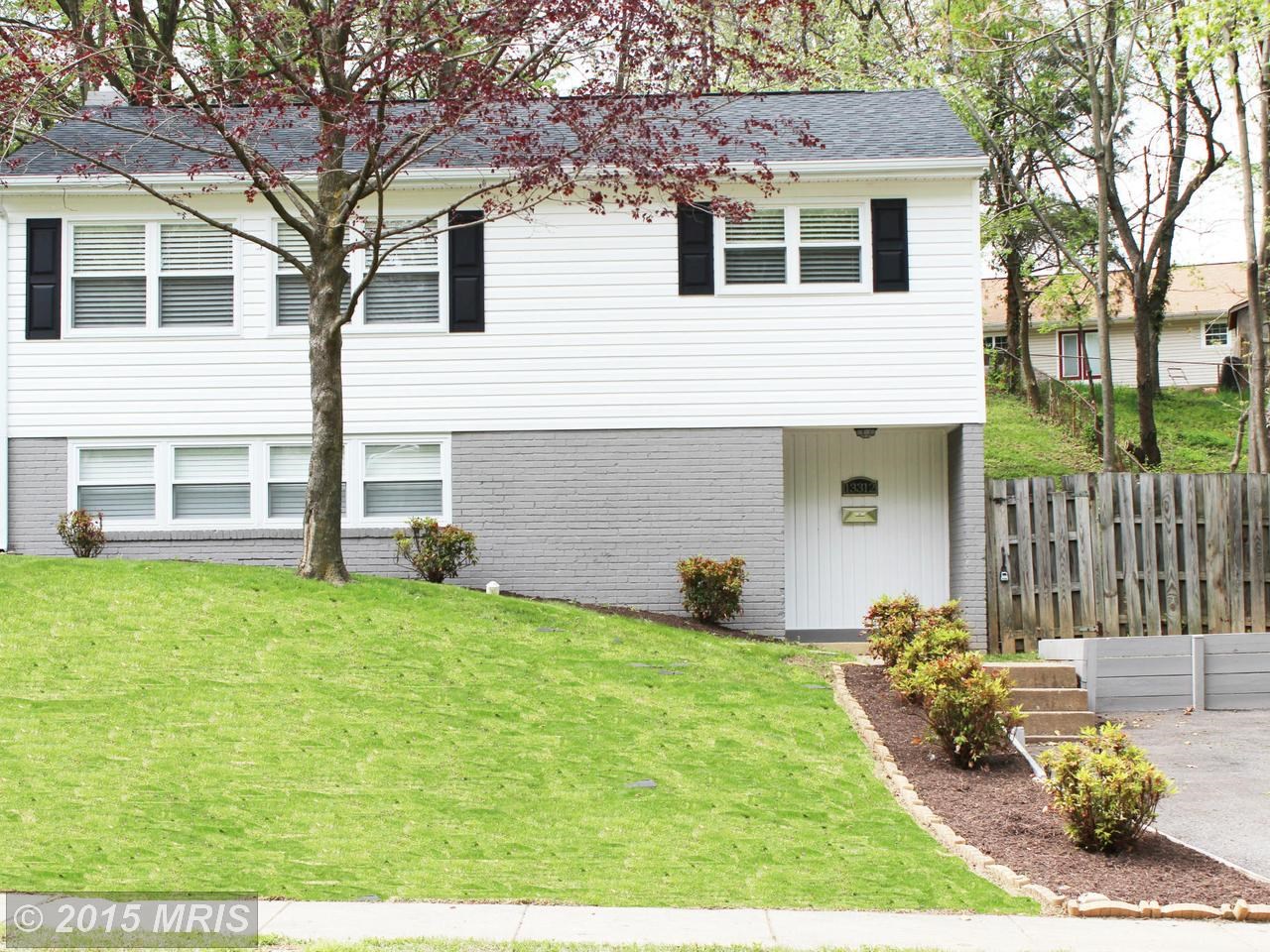WASHINGTON — “Open house” signs are just as common of a sight as falling leaves during fall weekends.
The housing market is a bright spot in the economy again, says Selma Hepp, chief economist at the real estate website Trulia. Home sales are at a high, and home prices in many metropolitan areas have reached, or surpassed, their previous peaks.
But that’s not to say everything is perfect. There are still some challenges in the market, including limited housing inventory in areas where there is high buyer demand.
“What that’s causing is for home prices to appreciate at a faster rate and for middle-income homebuyers to find it difficult to find homes that are in their affordable ranges,” Hepp says.
If you’re in the market to buy a home, or think you might be soon, Hepp has some tips to help you along the way.
Know your budget: The down payment is just one part of the real estate puzzle.
It seems like a simple piece of advice to dispense, but Hepp says being realistic about your monthly expenditures will help you determine how much you can spend on a home.
“Generally, in the industry, we say not to spend more than 30 percent of your household income on housing costs,” says Hepp, adding that the mortgage, insurance and any condo/HOA fees should be included in those costs.
This means if your monthly household income is $5,000, you shouldn’t spend more than $1,500 a month on housing-related expenses.
Research, research, research: After you establish your budget, Hepp says the next step is to research different neighborhoods in your desired location. You can look up school data individually, or use a search tool, such as the school map on Trulia, to gather information on public and charter schools.
Find out if there is a blog or a small newspaper that covers the area (Borderstan, Popville, The Georgetown Metropolitan and The Hill is Home are some of D.C.’s popular neighborhood outlets), and read up on crime reports, restaurant reviews, public park offerings and other factors that influence the overall appeal of the locale.
“It’s really important to inform yourself about what is out there,” Hepp says.
Plus, you may surprise yourself by finding charming neighborhoods in more affordable areas.
Find a realtor and research loans: Once you know your budget and you have a general sense of your search area, the next step is to find a realtor. Hepp says to ask for recommendations from friends and family who have recently gone through the process. Sites such as Trulia also have search engines for agents, as well as agent reviews from local homebuyers.
At this stage in the process, it’s also a good time to research lenders and loan rates to make sure you get the best deal possible. Hepp says shopping around for a mortgage won’t hurt your credit, either. If you have questions during this process, your real estate agent is there to guide you.
Be confident with your offer: Found the place of your dreams? It’s time to make an offer.
Again, Hepp says your best friend at this stage is research. Before you go in with a number, know what other comparable homes in the neighborhood have sold for recently.
“That way you can see what you should be making for an offer and how the market is in your area,” Hepp says.
Knowing the value of other homes in your neighborhood will keep you from overpaying and from coming in too low with an uncompetitive offer.
Don’t let the cooler weather slow your search: Toward the end of fall and going into the winter, the housing market slows down. But if you’re not in a rush to buy, the colder months could be the perfect time to heat up your housing search.
Hepp says there is typically less inventory, but there are also fewer people out shopping around.
“So for people who are time-pressed, that can actually be a really good time to go out and look,” she says.






